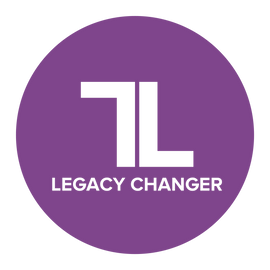Relational Wellness
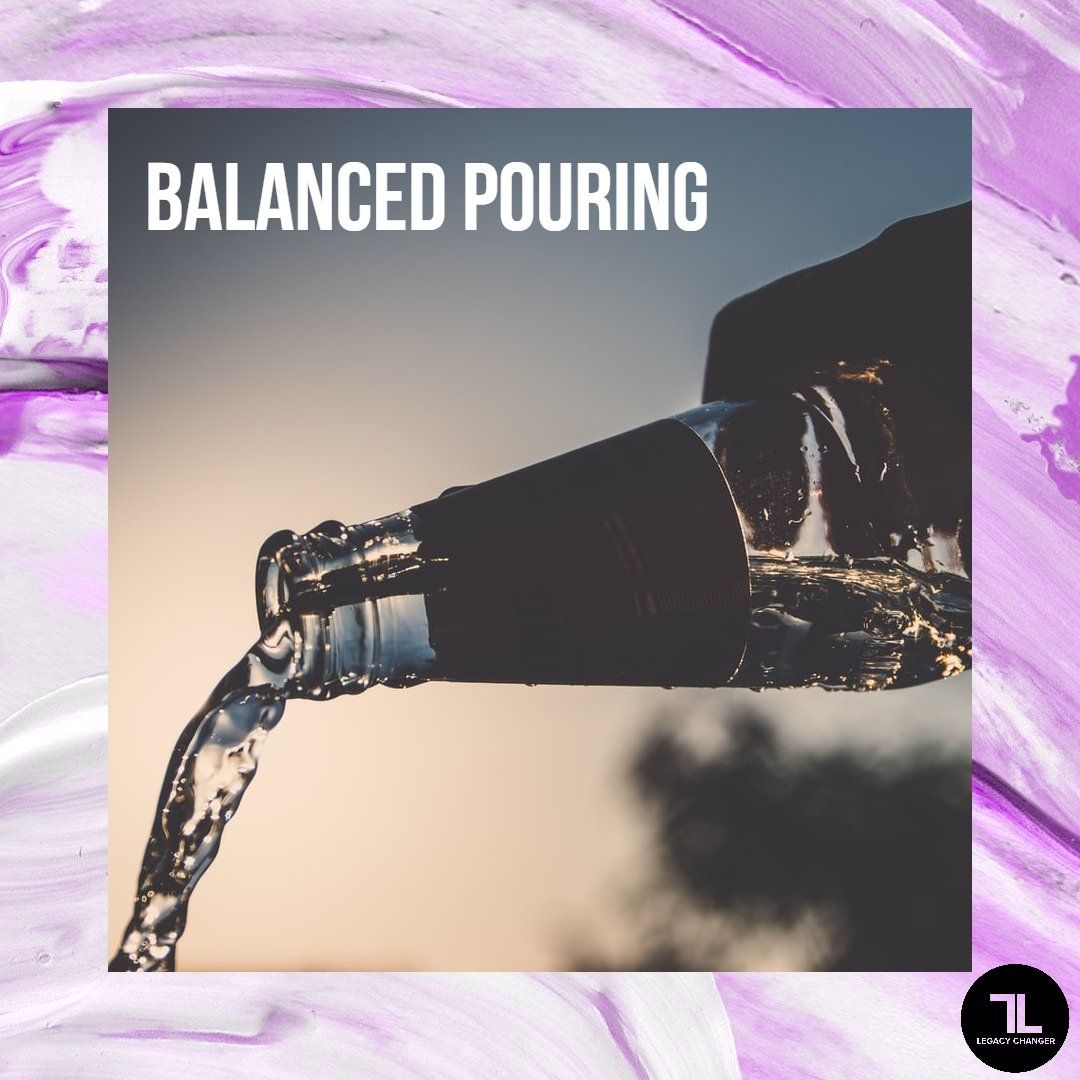
Like many of you, the last year forced me to take inventory of my life including my relationships with others. Whether familial, work-related, romantic, or friendly, I have always tried to be mindful of the company I keep. More recently the concept of “pouring” has been something I have chosen to pay particular attention to. “Pouring” relates to how you give or “pour” into others and how receive from others. And I would suggest that your relationships should have a proportionate amount of you pouring into others as there are those pouring into you. This does not mean that every relationship is equally balanced but the ratio across all relationships should be seemingly 1:1. For example, you may have a mentor who advises you on various areas of your life. And you may find you do not have as much to offer your mentor as they offer you. This would be a relationship where you are more of a receiver than a giver. And there are other relationships where you may be in the position of mentor and are pouring into someone else more than they are giving to you. And of course, there are those where you give to the other person just as much as you receive from them. Another layer to this is that there may be seasons where you must give more to a person and other seasons where you are the receiver. The hope would be that all the giving and receiving across your many relationships is balanced. If you find that everyone around you is getting something from you but you get little to nothing from them, your well may run dry which could have a negative impact on your various areas of wellness (mental, physical, emotional, relational, financial). And if you are receiving more than you give, is it truly fair to hoard knowledge and resources without giving back to someone else in need? This week I urge you to take inventory of your relationships and see if there is anywhere you need to give more, give less, or reallocate your energy and resources so that you have the balance you need.
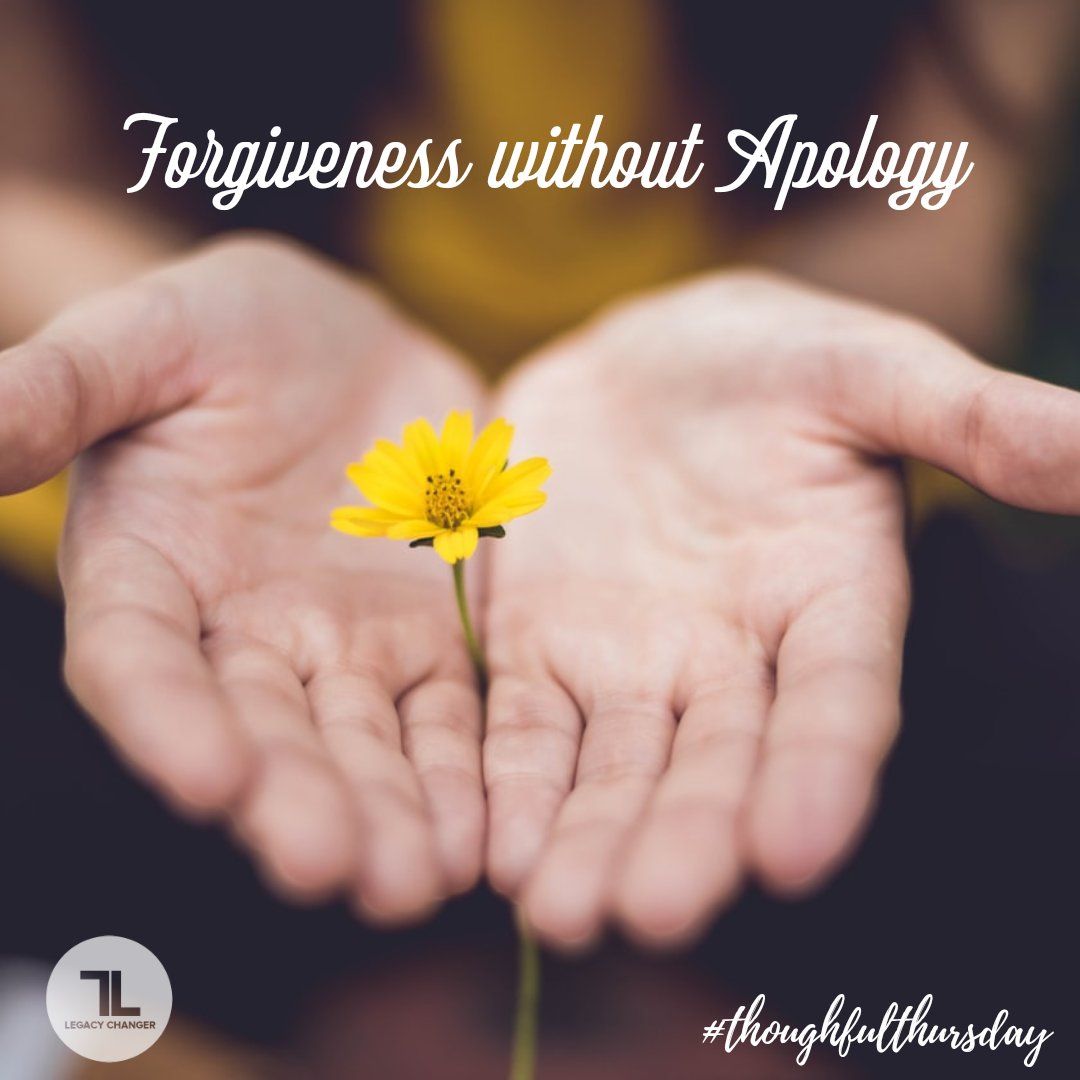
Most of us have experienced hurt from someone who never apologized or said they were sorry. When you have/had a meaningful relationship of any type with someone, it is no easy task to move past negative feelings which resulted from some kind of offense. We ask ourselves, "how could he/she/they refuse to acknowledge what he/she/they did to me?" As hard as it may seem, we have to forgive those who hurt us whether they've asked us to or not. The forgiveness is not for them. It's for you. Hurt is a heavy weight to carry and why be bogged down by something when the person responsible doesn't care about or respect your feelings. It isn't easy and likely won't happen overnight. But over time you'll come to accept who they are and what they did. And day by day the pain will diminish. Then you'll realize you can recall the situation and no longer feel the pain it once caused.
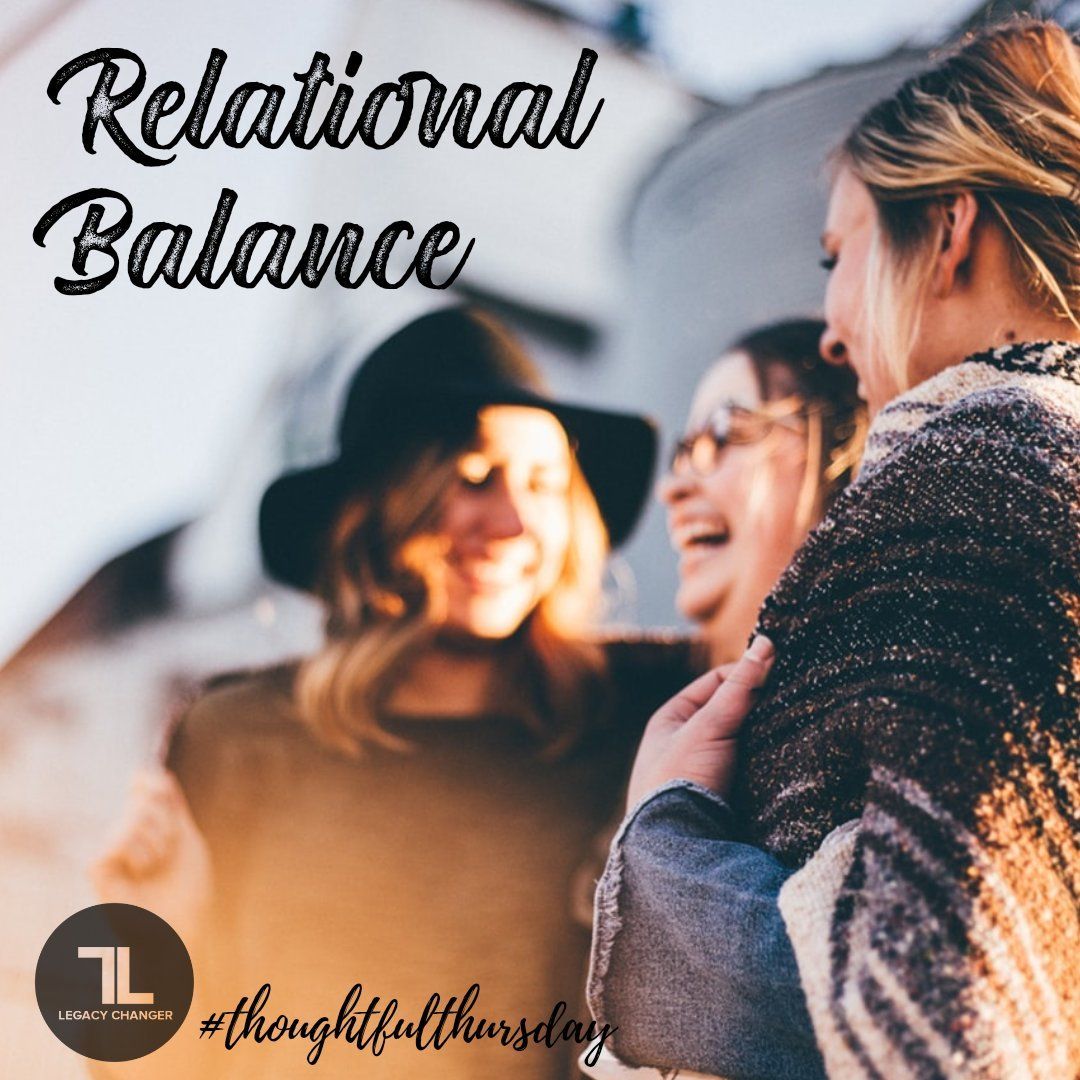
All relationships, whether familial, friend, or romantic, go through seasons. There are occasions where we may be giving more to a person and vice versa. I believe that in a healthy relationship, those imbalances weigh out over time. But there are some instances when we are constantly giving to someone who never reciprocates. For example, you may have a friend who calls you all the time to tell you about their problems. But whenever you need a friend to talk to they are always unavailable or too busy. Or you may be involved with someone who doesn't make the effort to grow or strengthen the relationship by valuing quality time. Or it could be that family member you always lend money to but never pays you back. Whatever the case may be, you have to understand who is in your life and what you can expect from them. The imbalance doesn't mean you have to remove then from your life, but you may have to accept that they are not capable of functioning in the same capacity that you do for them. Also, their love language and mode of human connection may be different. The beauty of creating a dynamic social circle is that you have more than one person to rely upon and lean on. So if you are always lend an ear to Friend A but the can't do the same, maybe Cousin B is meant to be your listening ear. And it's likely that Friend A will have another characteristic which adds great value to your friendship. Be grateful for the people in your life and create a network where there is balance in your relational well being.
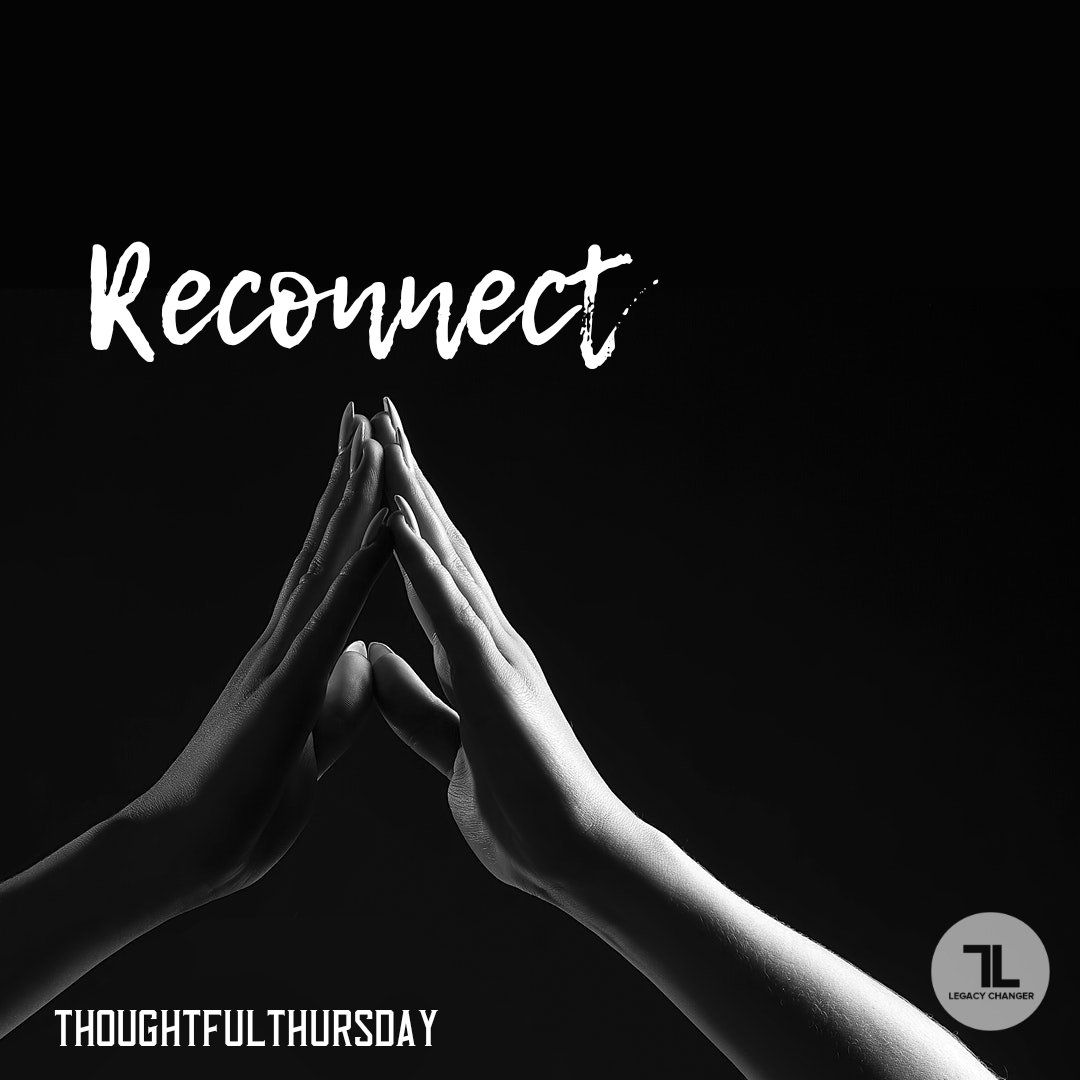
Growing up I remember holiday mornings were always spent calling each of our distant family members and wishing them a happy holiday. It was something my mom required of us, but was so essential to keeping the relationships with our lives ones alive. In the present, most of us don't call anymore. We'll likely just send a text, or worse a group text to all the people we know. While thiS form of communication is less time consuming and seemingly more efficient, it takes away from the true connection we get when we speak to someone. A group text doesn't ask how their family is or if they like their new job. For all we know, we may be just the phone call someone needed to pull themselves from a feeling of loneliness that can often plague people around the holidays. There's so much power in our words. Even more when those words are vocalized and not just written. I challenge you this holiday to make a list of 10 people you haven't spoken to in a while and catch up with them this holiday season. Spread the joy and love.
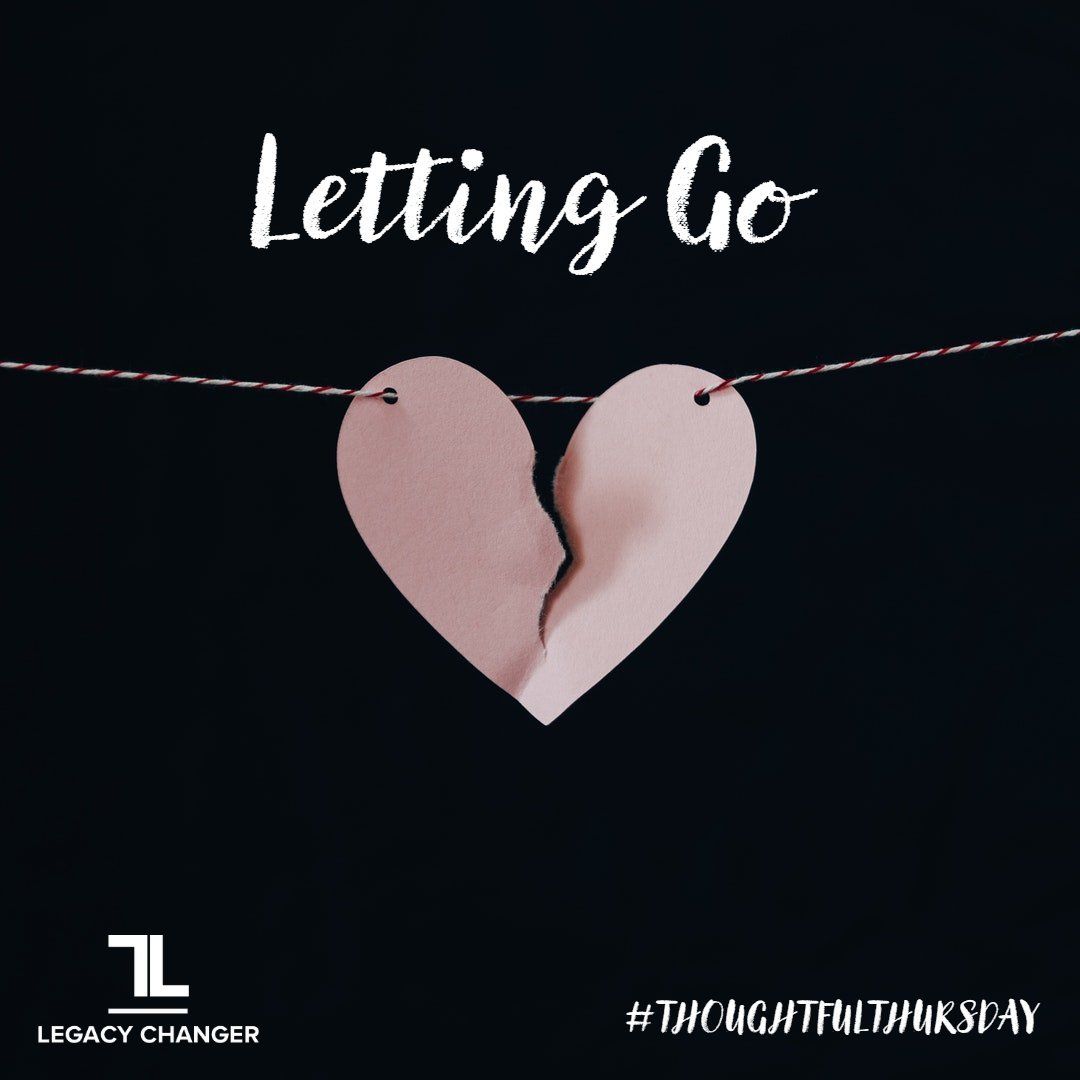
The other day, someone I follow posted a meme that read, "you will not heal if you keep going back to what broke you." There could be many levels of interpretation for this topic, but I want to stick close to last week's topic which focused on healthy boundaries. From both the blog post and podcast episode, there were some recommendations including, but not limited to: 1) letting people know what our boundaries are; and 2) ending relationships where the boundaries are consistently crossed or disregarded. Often, if we find ourselves removed from a situation due to boundary issues, we have likely endured some level of hurt or harm from a person we cared about or respected. And it is also highly probable that our break from the individual(s) was not a clean one, especially if the relationship lasted for a long period of time. Sometimes we prolong our healing by going keeping the connection open. Not only does it leave opportunity for them to repeat the offense(s), but it can also keep us in a cycle of dependence on that person. Think of your heart like a bone. If it’s broken, and you never give it a chance to rest, you will prolong your healing or, even worse, cause permanent damage/deformity. Instead of looking back, look forward to a healthier emotional and relational future.
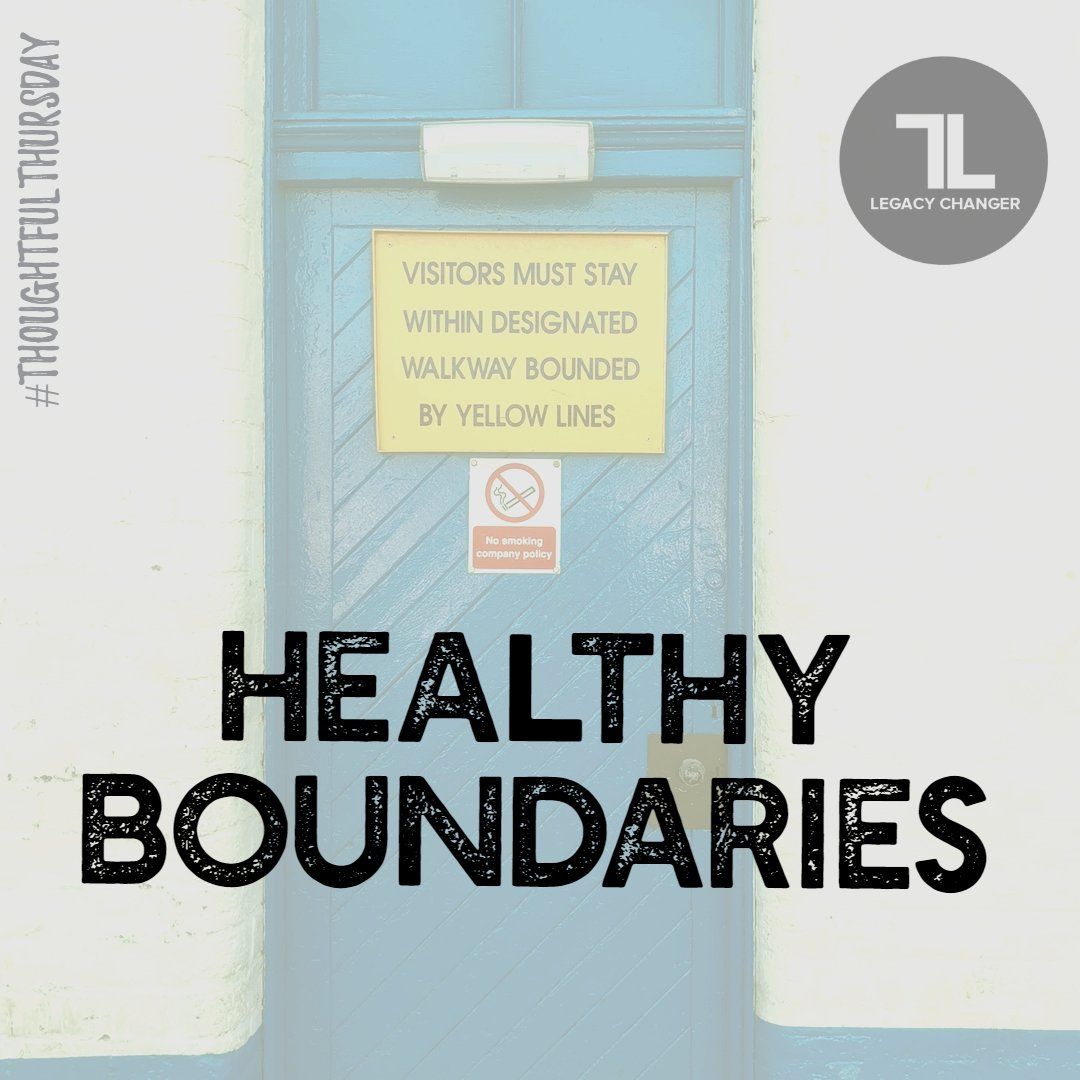
In our present society, there is a call for empathy. We are being asked to be more conscious, understanding, and accepting of how our actions impact others. As someone who believes in the importance of spreading love and light, I totally agree this is necessary. However, if we are asked to be more respectful of others, we have to understand the boundaries of respect which will vary from person to person. In general, you should ask yourself "will my words or actions hurt this person?" If the answer is yes, you should probably reconsider your approach and if the words/actions are necessary at all. In a more specific sense, understanding the boundaries of those closest to us is helpful to maintain a healthy relationship. Even more so, we have to be aware of and communicate our own boundaries. We can't expect people to know what we need if we do not tell them. And we cannot assume what impacts others; we must be willing to ask the necessary questions to gain that understanding.

There’s a saying, “in order to know where you’re going, you have to know where you’ve been.” As humans, we have the ability to go through experiences without much afterthought about the impact it has on our lives. A career decision, a relationship beginning or ending, parenthood, and other life events often shape who we are. It’s important to be reflective of your life to understand how you’ve been affected. Even moreso of those things that you had very little to no control over. While we may not be in a position to prevent or force certain events, we can actively choose how we process it and the perspective we gain from it. For example, not getting a job you applied for does not have to be interpreted as loss. Indeed it could be a win as it could’ve blocked you from actively seeking the better job which was meant for you. Or not getting the job could reveal the opportunity to research and learn skills such as interviewing which will help you land the job of your dreams. In this position we are active participants in our life experiences instead of bystanders; going from the affected to the effective.

TD Jakes once said “If they want to go let them.” His daughter Sarah recently said “If they sleep on you, let them sleep.” Too often we tie our validation as a person to external factors that truly do not define who we are. We have to start looking inward to realize we are more than enough as we are. And no matter which people leave, what job we lose or don’t get, or what plans do or don’t succeed, our greatness is not changed by temporary circumstances.
